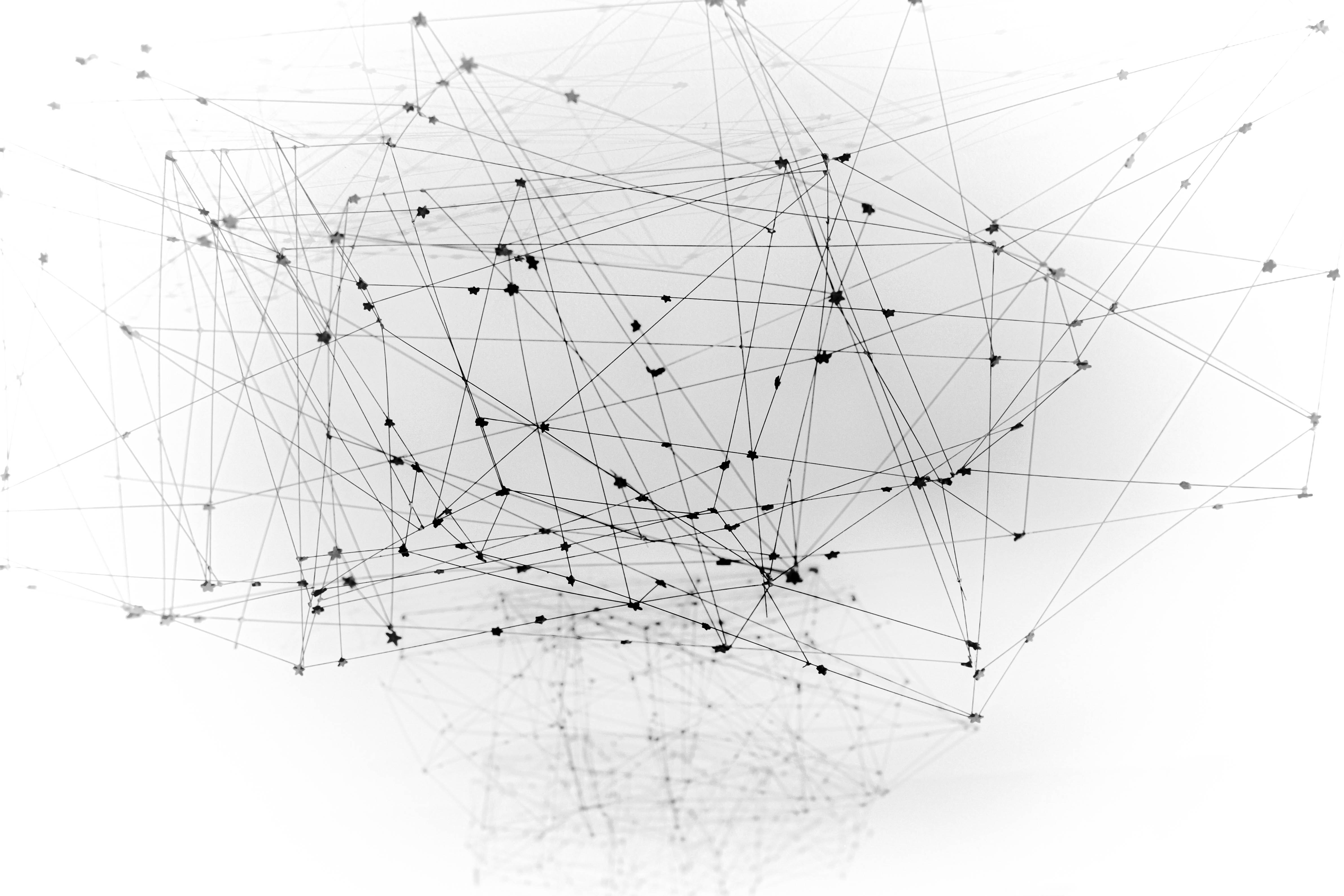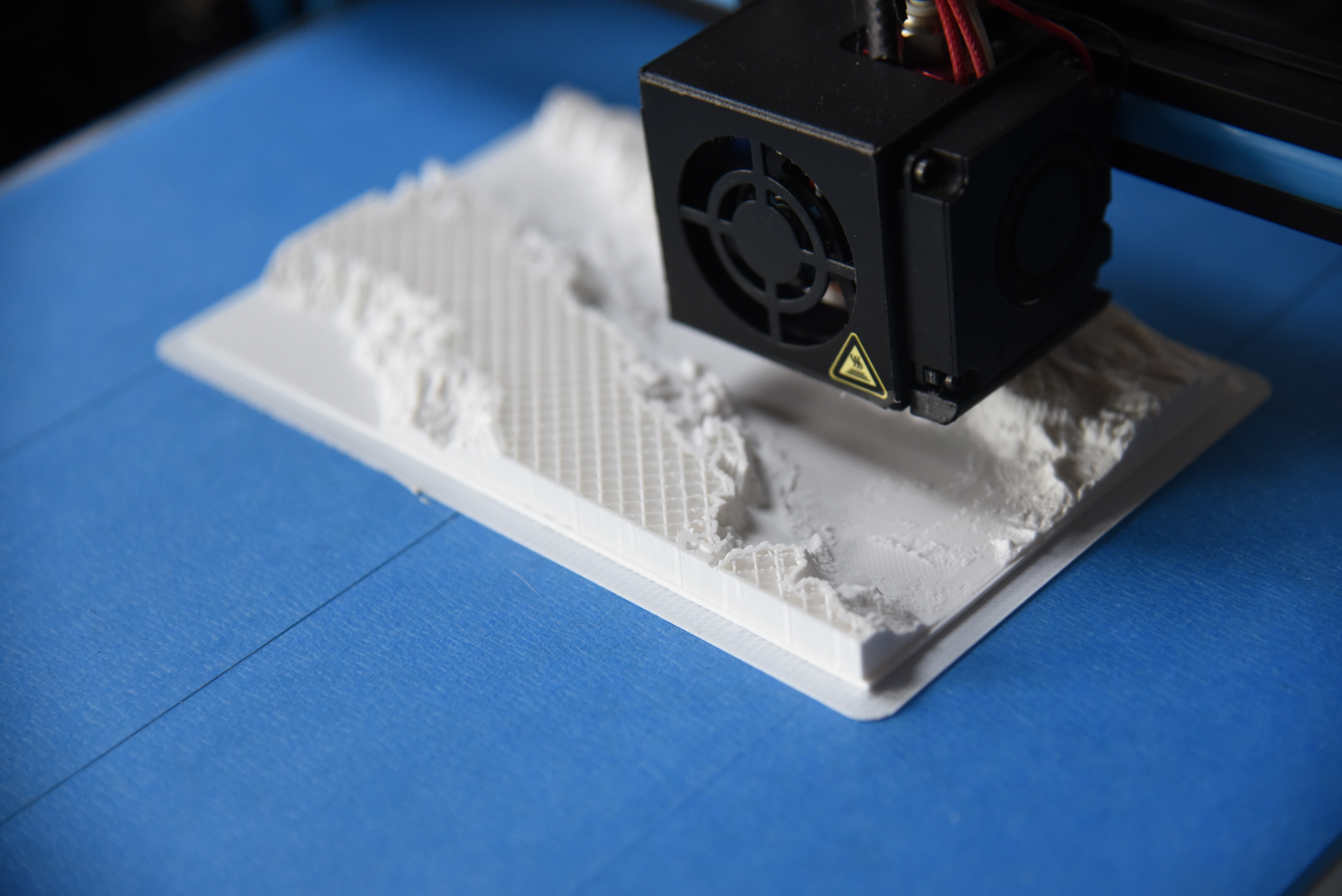Guidelines
Importance of Intellectual Property and Competition Law
Intellectual property law (patents, know-how, trademarks, copyrights, designs, rights on data, etc.) and competition law (antitrust law, law against unfair competition, as well as regulation in the field), both individually and in combination, are fundamental for the functioning of modern economies and thus a prerequisite for societal well-being.
Competition as the cornerstone of modern economies
In an economy that is increasingly connected on a regional and global level, national economies, global companies and also local SMEs have to compete with each other. This competitive pressure works towards static efficiency (low prices, optimized factor allocation) and dynamic efficiency (high innovation intensity, quality competition). To this end, competition law must provide a suitable framework that enables all market participants to compete with their rivals in undistorted competition.
Protection and exclusivity of innovation
For Switzerland and other economies, competitive success increasingly depends on high-quality innovations, which must then also be allowed to generate an appropriate return on innovation. This is where intellectual property law comes into play: intangible goods require legal protection against excessive or premature use by competitors, so that innovators can economically exploit their position of exclusivity.
Interaction of Competition Law and Intellectual Property Law
On the other hand, an overprotection is harmful if and because exclusive control rights threaten to cut off economic activity and innovations of other market players. Competition and (protection of) innovation therefore cannot exist without each other, because innovations can only be exploited with the help of an economic system based on competition and, conversely, there can be no successful competition without constant innovation and its – appropriate – protection by the law.
Legal framework
A functioning legal framework of intellectual property and competition law is, thus, essential and this generates a need for research and scientific exchange. Technical (e.g. nanotechnology, artificial intelligence) and economic developments (e.g. Internet of Things, manufacturing on demand) lead to ever new questions. Fundamental issues have to be reconsidered: What competitive behavior should be prevented and when does antitrust intervention go too far? When are protective rights too strong or too weak, and when are they abused by their owners in individual cases?
Research contribution CIPCO
The members of the Center for Intellectual Property and Competition Law (CIPCO) are responding to the need for a constant review and updating of the legal framework, while also serving as partner in discourse for political, social and economic actors. In cooperation with scholars from other legal fields and faculties, as well as in close exchange with authorities and practitioners, they investigate basic theoretical questions and empirical findings. The perspective is not only national, but also European as well as global. Students, young scholars, thought leaders in their fields work together within the framework of the Center. From a independent point of view, they accompany the development of law, analyze errors in the legal framework and point out development potentials. CIPCO’s basic research aims at generating innovative teaching formats, practical advice, as well as policy suggestions.





